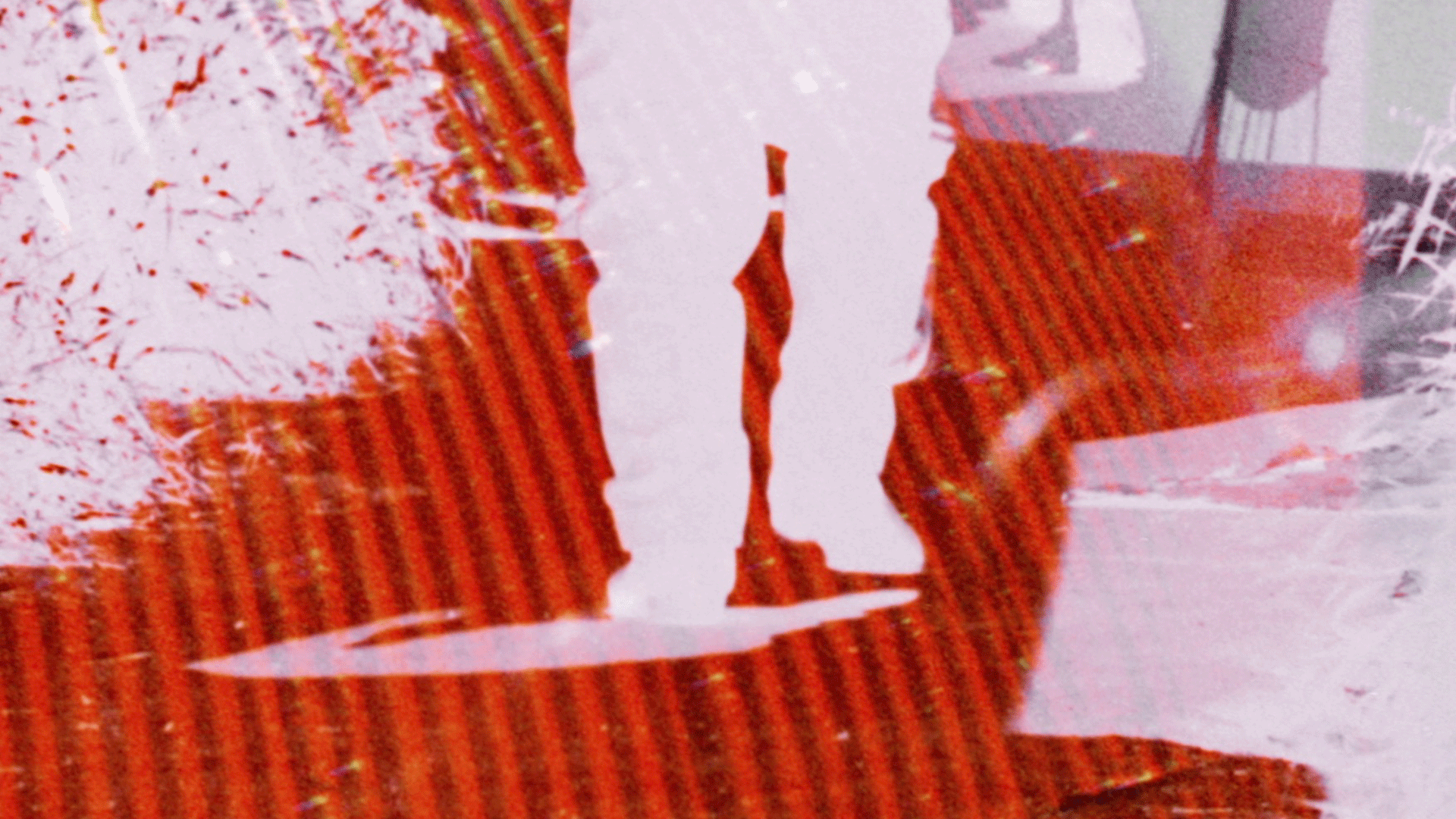
In Bruce Baillie’s words: “Inspired by a lesson from Erik Satie; a film in the form of a street - Castro Street running by the Standard Oil Refinery in Richmond, California ... switch engines on one side and refinery tanks, stacks and buildings on the other - the street and film, ending at a red lumber company. All visual and sound elements from the street, progressing from the beginning to the end of the street, one side is black-and-white (secondary), and one side is colour - like male and female elements”. In 1992, the film was selected for preservation in the United States National Film Registry by the Library of Congress as being "culturally, historically, or aesthetically significant".
Bruce Baillie
Bruce Baillie (Aberdeen, SD, USA, 1931) served in the U.S. Navy during the Korean War and studied filmmaking at the London School of Film Technique. He moved to the San Francisco Bay Area in the 1950s, becoming soon a guiding light of the New American Cinema. He founded Canyon Cinema in 1961, bringing to light underground authors of the time, and transforming it into a distribution company in 1967. He also founded, along with fellow filmmaker Chick Strand, The San Francisco Cinematheque. His film Castro Street (1966) was selected in 1992 for preservation in the United States' National Film Registry.




